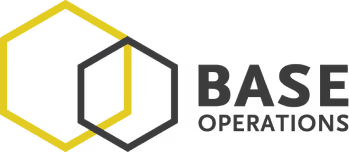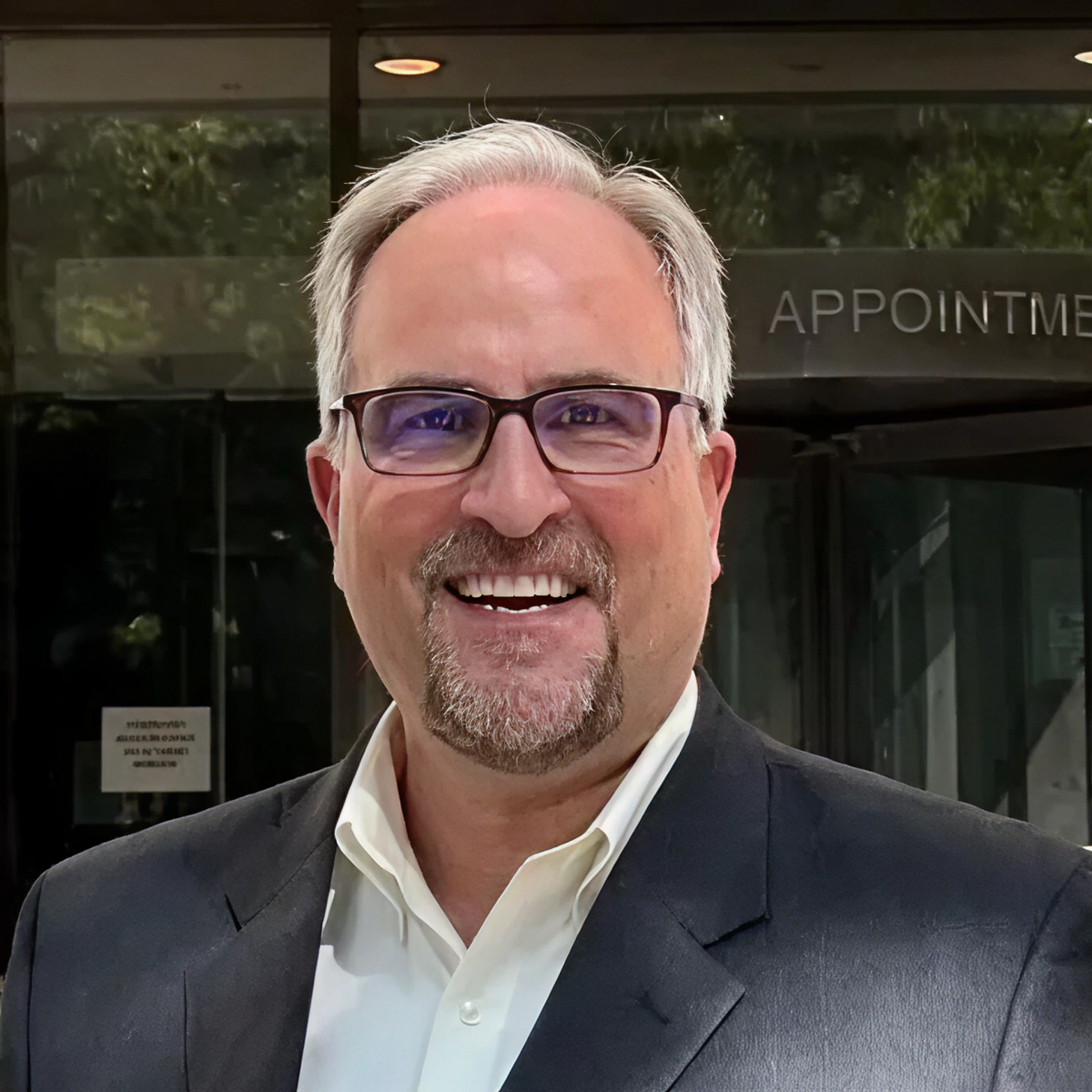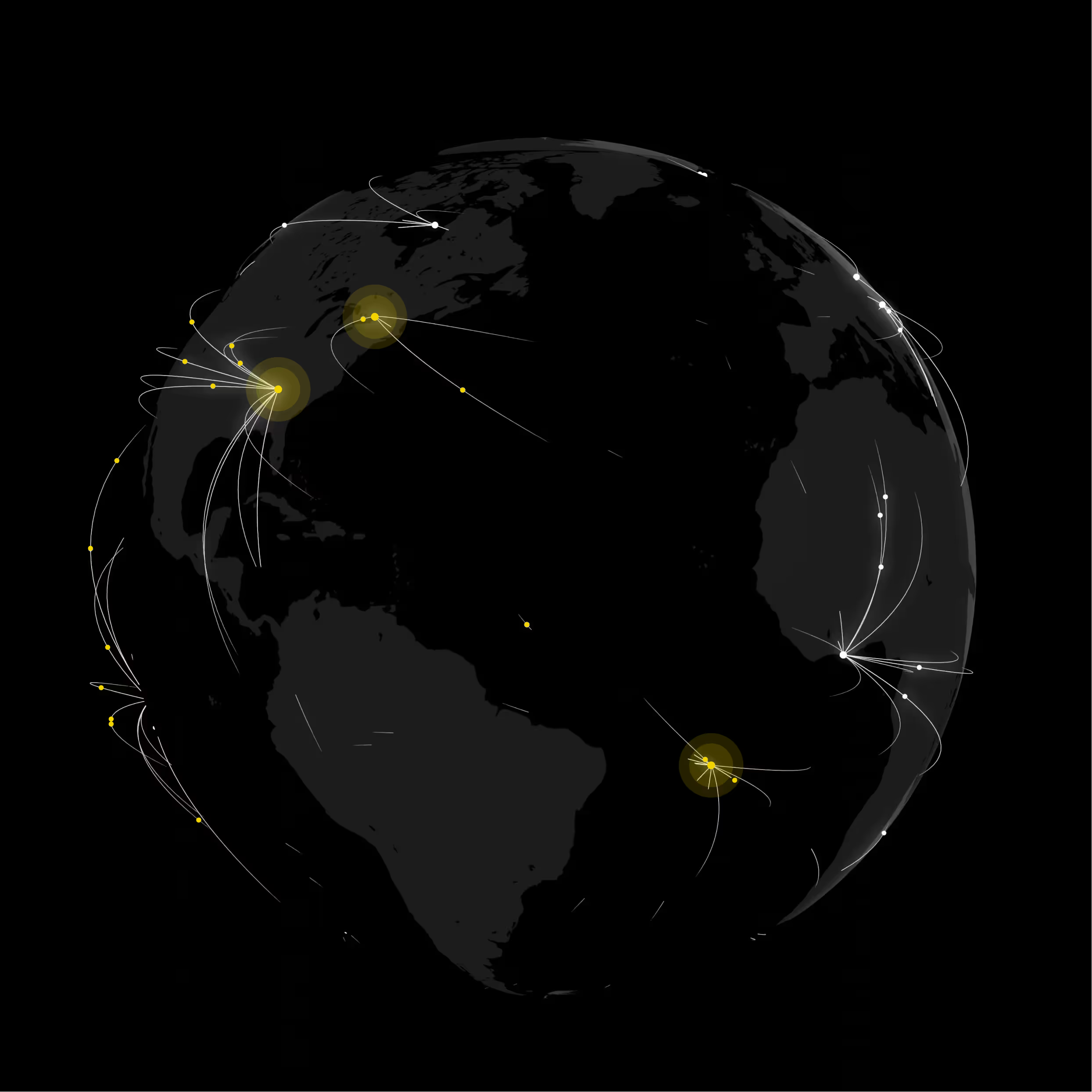
Get Street-Level Insights
Toronto, Canada's largest city, has seen its fair share of changes in terms of safety and security. Historically a beacon of multiculturalism and relative safety, the city has dealt with various crime-related challenges, especially in its diverse neighborhoods. With a metropolitan area bustling with life, Toronto has experienced episodic increases in crime rates, but remains one of the safest major cities in North America. A rise in property crime and violent offenses has occasionally triggered discussions about law enforcement and community safety initiatives.
Recent years have witnessed Toronto grappling with incidents that have shaped its security landscape. From the van attack of 2018 to a spate of shootings in various neighborhoods, these events have prompted a reassessment of safety measures in the city. However, Toronto Police have been proactive, engaging in community policing and employing technology to combat crime. Protests, often centered around issues like police funding, housing, and social justice, generally unfold peacefully, reflecting the city's commitment to free speech and public assembly.
Toronto's nicknames, like "The Six," reference its former six-city amalgamation and popularization by high-profile figures like Drake. The city is famed for landmarks such as the CN Tower, its bustling Distillery District, and as a global financial hub. Toronto's crime in Toronto statistics, while variable, have generally trended below those of other major urban centers in the United States, bolstering its reputation as a safe, vibrant place to live and visit.
Local Security Tips
- CN Tower: Keep your belongings close and be aware of pickpockets, especially in crowded areas.
- Royal Ontario Museum: Stay vigilant outside during the evening, and use the museum's official parking for safety.
- Distillery District: Enjoy the events and markets, but navigate the bustling area with caution during peak hours.
- Toronto Islands: Ferry rides and park areas are generally safe, but always check the schedule to avoid being stranded late at night.
Local Regulations
Firearm Policy
In Toronto, firearms are strictly regulated by Canadian law. Ownership requires a license, and the carrying of firearms in public is generally prohibited for civilians. Unlawful possession can lead to severe legal consequences.
Public Drinking Policy
Public consumption of alcohol in Toronto is illegal except in licensed establishments or private residences. Open liquor is not permitted in public areas like parks or streets, and violations can result in fines.
Emergency Contact Lists
Department for Non-Emergency Services
- Toronto Police Non-Emergency: 416-808-2222
- Toronto Fire Non-Emergency: 416-338-9050
- Toronto Paramedic Services Non-Emergency: 416-392-2000
Leading Hospitals
- Toronto General Hospital: 416-340-3111
- Sunnybrook Health Sciences Centre: 416-480-6100
- St. Michael's Hospital: 416-360-4000
- SickKids (The Hospital for Sick Children): 416-813-1500

Make Data Driven Security Recommendations

Know the neighborhood
Boundary maps make it easy to see the varying risk profile of communities within a city.

Identify hotspots
Heat maps demonstrate specific areas where relevant activities are known to be concentrated.

Delve into the details
Drill down to the latitude longitude of individual events for maximum context informing security recommendations.












